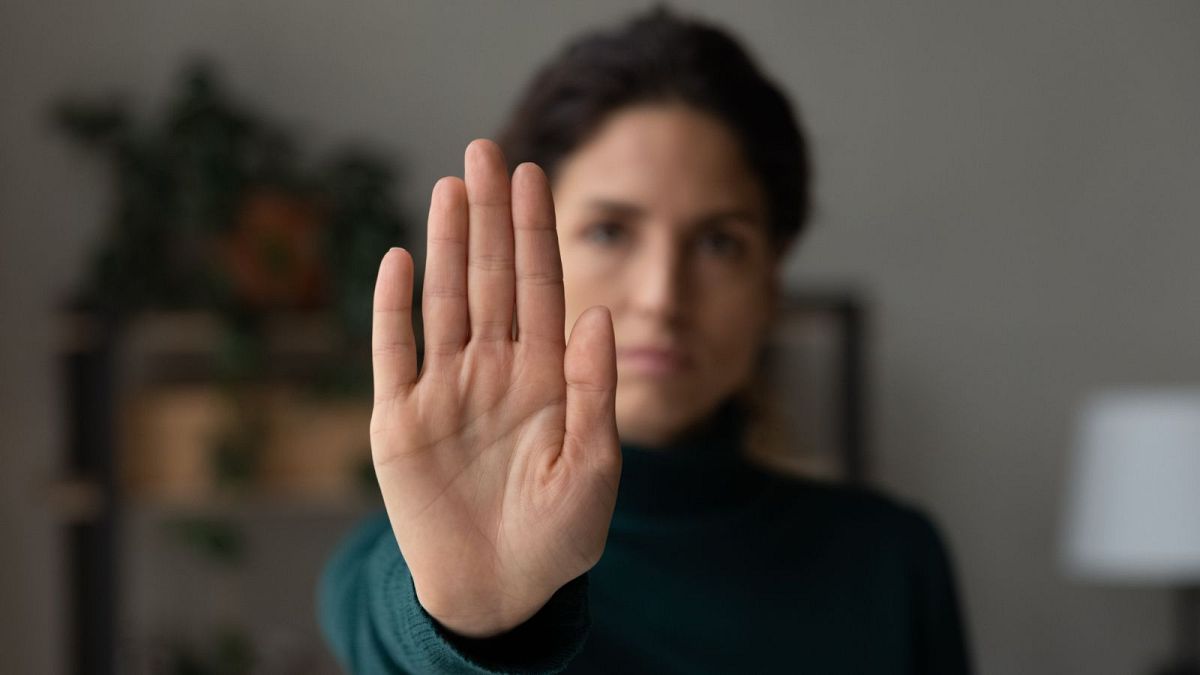The Creative Industries Independent Standards Authority (CIISA) was conceived as a space for British arts workers to report abusive behaviour including bullying and harassment. It’s set to launch next year.
A new UK regulator focused on behaviour in the creative industries aims to serve as a deterrent to the type of harassment and abuse that has made global headlines in recent years.
The Creative Industries Independent Standards Authority (CIISA) was founded by British solicitor Heather Rabbatts, who also launched Time’s Up UK in the wake of the #MeToo movement.
It’s set to launch next year and will be one of the first such programmes in the world, offering independent legal help to arts workers in TV, film, music and theatre.
CIISA, which has been in the works since 2022, was welcomed by the UK’s government and industry leaders as a vital tool to give victims a voice and hold powerful entertainment industry abusers accountable.
In June, around two dozen major TV and film stars – including Keira Knightley and Cara Delevingne – signed an open letter backing CIISA’s mission and calling on companies to pledge to fund the new creative standards body.
In the letter, the actors wrote: “So many of us in this industry would have loved to have an objective outside body that we could go to for advice, for mediation and in the very extreme circumstances, that we might need some outside body to hold people accountable for the bad behaviour or bad practices that sometimes happen on our sets, on our stages, behind the scenes.”
To fund its operations, CIISA has asked entertainment companies to contribute 0.1% of their annual UK turnover. Companies including Sky, BBC, ITV, Channel 4, and Viacom have already pledged to do so.
CIISA will offer services including early dispute resolution, mediation, advice for victims and help navigating the justice system. It will also serve as an advocacy group against abusive behaviour in the creative industries.
Creative industries are a breeding ground for abusive behaviour due to their heavy reliance on freelancers and the uneven distribution of power between older executives and young talent.
Some of the more flagrant instances of abuse have come to light in the past decade, from the downfall of Hollywood executive Harvey Weinstein to the sentencing of disgraced BBC presenter Huw Edwards.
But CIISA’s launch could open the door to even greater numbers of industry professionals – especially ethnic minorities and women – who may have been afraid to speak out publicly.
Recent research from British creative trade union BECTU found that 92% of the UK’s creative workers have witnessed or experienced bullying or harassment at work, and that one in five British creative workers have experienced a serious sexual assault while at work.
Other countries in Europe are also dealing with the issue of how to clamp down on the rampant abuse in the arts world.
In France, which has faced its own recent wave of sexual assault accusations in the film industry, the Ministry of Culture set up a hotline in 2018 where culture workers who have dealt with sexual harassment and assault can call in to get legal advice and psychological services.
Since 2021, French audiovisual companies have also been required to file a report detailing their protocol for preventing and dealing with sexual violence and assault.
CIISA is currently in the process of establishing its governance and collecting funding, with a goal of becoming operational next year.
Additional sources • BBC.com

